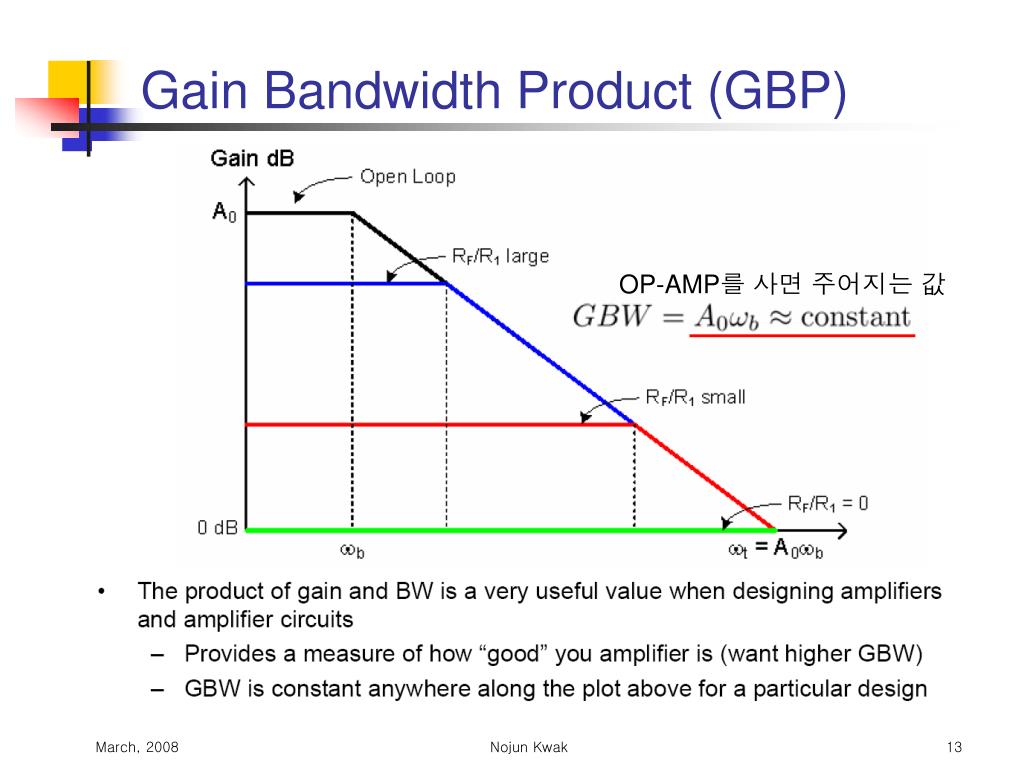

Improvements to matchmaking/relay service.It is now easier to go live with auto-acceptance to limited CCU requests (this is live now) and it will be easier to get an overview of usage and statistics. Improvements to the multiplayer dashboard.This will likely include an extra server type in our service, to facilitate NAT punchthrough connection setup and will add the feature to the transport layer and upwards (to high level API and network manager). The features we've started working on and will be coming later this year (after 5.6) are: We'll only move on to the later phases when the foundation is rock solid. Right now, we'll be focusing on the areas most requested by our users, namely improvements to the foundation layer. Phase 3: Moving in the direction of easily managing many simulation servers together in a huge simulation, entering into MMO territory. The server DLL can be considered a step in this direction, as you can run a very bare-bones game server with just the network library and protocol along with your own game logic (outside Unity). Phase 2: More advanced server support with an optimized dedicated server, which we called the simulation server. This focused on a kind of client/server architecture similar to the old network implementation (NetworkView etc classes), where one client runs as the host, although that is not a requirement and you can run a headless Unity player as a server. Phase 1: Setting up the foundation with all the tools needed to put multiplayer games into place. In the past, we’ve talked about how we'd be working in three phases:

See the Unity beta site for the 5.6 build and this forum thread for the 5.4 one. We've kept this build up to date with the latest changes, so if you are stuck on 5.4 you can give this build a try. You will find the new transport in Unity 5.6, which is in late beta right now, and also in an experimental 5.4 build, which we released on the forums before merging to 5.6 to test its readiness. The server DLL is getting closer to release, but at this time, the details have not yet been determined. This is the same implementation that is essentially part of the multiplayer server DLL project, so it contains server optimizations as well. The library is now more robust when running on less-than-reliable network conditions.įor example, problems with running out of queue space for reliable packets will be a thing of the past. This will not change the API much (NetworkTransport class and friends) as the changes are mostly internal. We've refactored and improved the transport layer to address problems which have been popping up for the previous implementation.


 0 kommentar(er)
0 kommentar(er)
